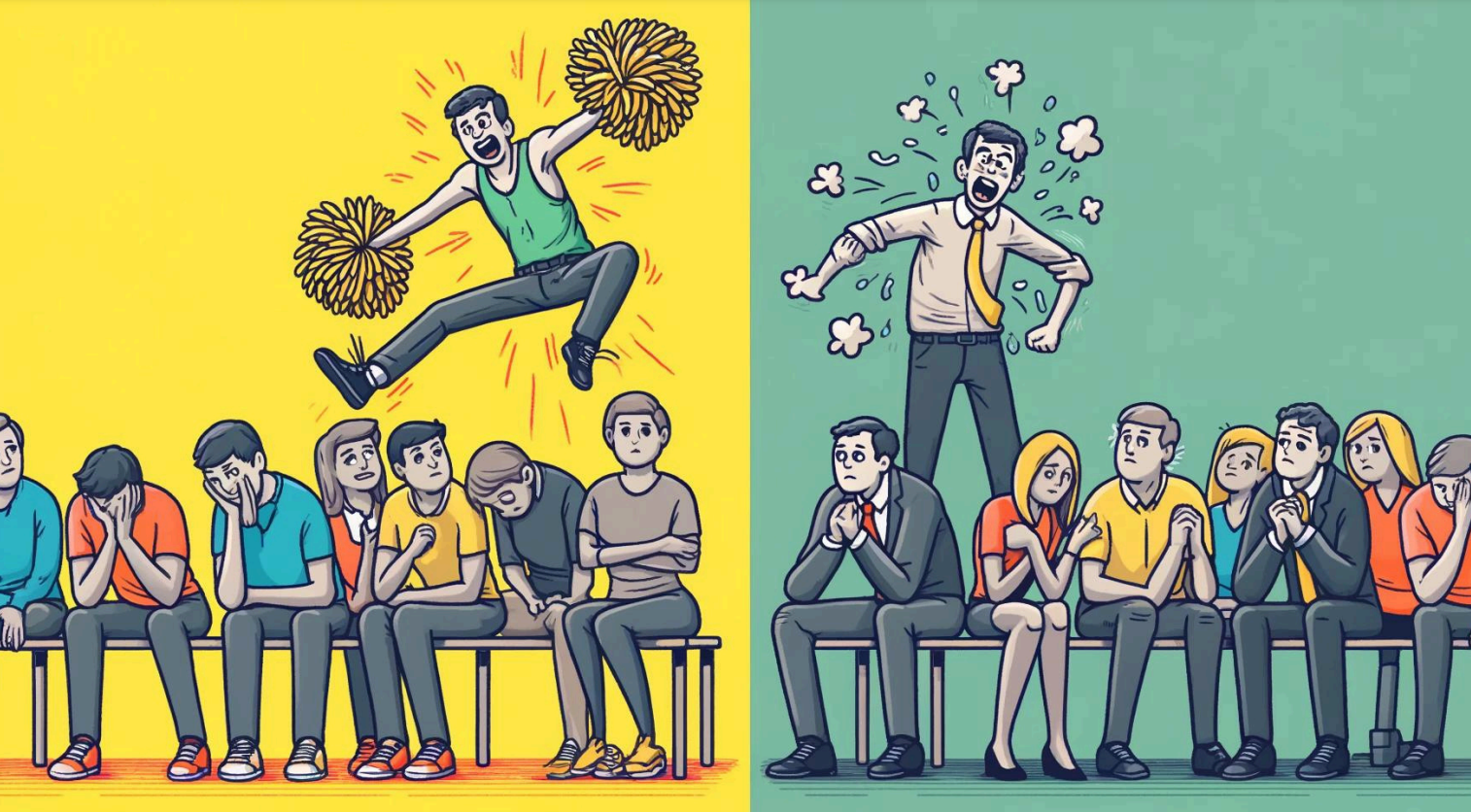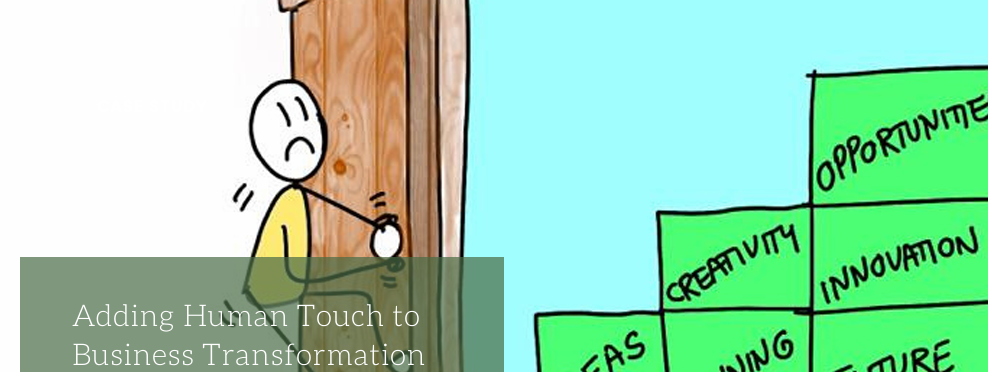Rob, an exuberant leader, felt drained and isolated as his team remained disengaged and unresponsive despite his enthusiasm. He wondered if they didn’t like him, if they were boring, or if he was leading the wrong group, or is he doing something very wrong, leading to frustration and doubt. He invited them to give a feedback and he was ready to hear why he isn’t the best leader and what he is doing wrong. But when he read the feedback this is what he realised
“Rob, it’s not that we don’t like you. In fact, we really appreciate your enthusiasm. But many of us struggle with expressing ourselves and interacting socially. We’re good at our individual tasks, but when it comes to teamwork and communication, we feel lost.”
“I think we just don’t have the social skills or confidence to match your energy. It’s not about you, it’s about us not knowing how to engage.”
This was insightful and even surprising. for Rob. The problem was that most of his team members lacked Social Intelligence.
What is Social Intelligence?
Social intelligence is the capacity to effectively navigate and negotiate complex social relationships and environments. It involves the ability to understand and manage interpersonal dynamics, recognize social cues, and respond appropriately. Social intelligence is critical in a team setting, fostering collaboration, empathy, and effective communication.
https://hbr.org/2008/09/social-intelligence-and-the-biology-of-leadership
Is that you?
A Leader with Social Intelligence but Team Without It
Imagine being a leader who naturally understands and maneuvers social dynamics, yet your team doesn’t share this skill. You might find yourself feeling isolated, constantly trying to bridge gaps, and acting as the perpetual cheerleader. This imbalance can lead to feelings of loneliness and burnout as you strive to keep the team motivated and cohesive.
A Leader Without Social Intelligence Expected to Energize the Group
Now, consider a leader who struggles with social intelligence but is expected to be the social glue and energizer for the team. The pressure to constantly engage, motivate, and uplift can be draining, leading to exhaustion and frustration. Without the natural aptitude for social interactions, maintaining team spirit can feel like an insurmountable challenge.
Spot the leader/member with Social Intelligence in the Group
- Empathy and Understanding: Leaders with high social intelligence demonstrate a keen ability to understand others’ feelings and perspectives. This helps them build strong relationships and foster a supportive team environment. Empathy is crucial for conflict resolution and team cohesion .
- Effective Communication: Socially intelligent leaders excel in communication, clearly articulating their thoughts and actively listening to their team. This ensures everyone feels heard and valued, promoting a culture of openness and trust .
- Adaptability: These leaders are flexible and can adjust their behavior to suit different social contexts. They can seamlessly transition from a serious board meeting to an informal team lunch, maintaining rapport and effectiveness in varied situations .
- Conflict Management: Leaders with strong social intelligence are adept at navigating conflicts, mediating disputes, and finding amicable solutions. Their ability to stay calm and impartial helps de-escalate tensions and foster a harmonious work environment .
- Inspiring and Motivating: Socially intelligent leaders know how to inspire and motivate their team. They understand what drives their team members and use this insight to encourage and energize them, boosting morale and productivity .
No silver bullets to solve this
Building social intelligence within yourself and your team is not a quick fix but a gradual process that involves significant behavior change. The first step is to identify the gaps—understanding where your team needs help and what might be holding them back from developing these crucial skills. Barriers can range from cultural norms and lack of role models to entrenched behaviors that are often expected in corporate environments.
Identifying these gaps should be done without judgment. It’s about observing and understanding the current state of social intelligence within your team. Once these gaps are identified, the focus should shift to nurturing these skills without pressure. Creating a supportive environment where team members can develop social intelligence at their own pace is crucial. Recognizing and celebrating improvements in both individuals and the team as a whole, without force or undue expectation, can foster a more socially intelligent and cohesive team.
Is this something that’s been on your mind? I’d love to help you navigate this journey. How about we grab a coffee and discuss it further?
The story of Social Intelligence – Microsoft
When Satya Nadella took the helm as CEO of Microsoft in 2014, he brought a profound sense of social intelligence that catalyzed a cultural transformation within the company. Nadella recognized that fostering a more empathetic, communicative, and adaptable work environment was essential for innovation and collaboration.
A notable example of Nadella’s social intelligence was his response during a company-wide Q&A session. An employee voiced concerns about the intense workload and the difficulty of maintaining work-life balance. Rather than deflecting the issue, Nadella shared his personal experiences with work-life balance challenges, showing empathy and understanding. This honest and human approach resonated deeply with employees, cultivating a culture of openness and mutual respect.
Nadella also championed initiatives like the “Growth Mindset” philosophy, which encourages learning from failures and supporting one another. This shift in mindset, rooted in social intelligence, significantly contributed to Microsoft’s resurgence as a leader in innovation and market performance.
Source- https://hbr.org/2020/01/satya-nadella-at-microsoft-instilling-a-growth-mindset



